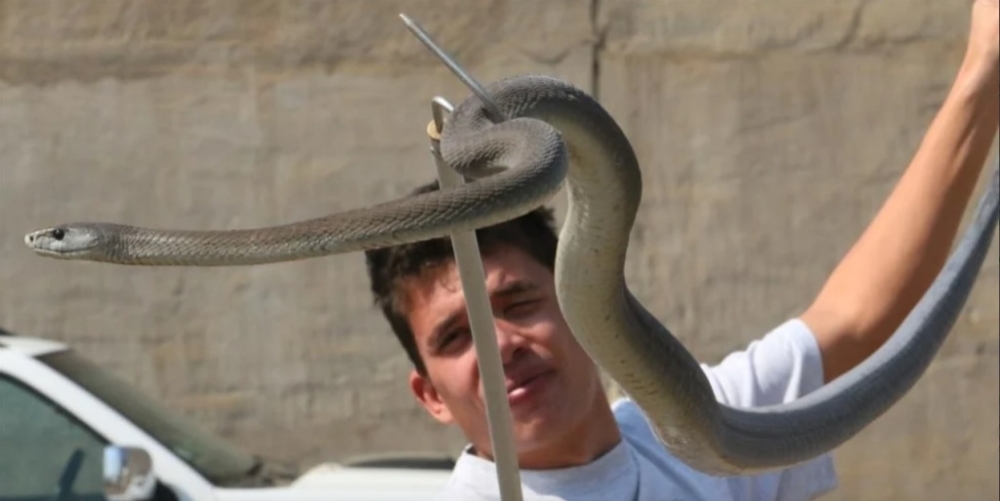Huge shortage of anti-venom in Namibia
Namibia is facing a crisis due to a massive shortage of anti-venom for snake bites that is not only experienced locally but also in the rest of Southern Africa.According to Francois Theart, one of Namibia’s top snake experts, no stock is available from manufacturers in South Africa and there is no indication of when the situation will change.
Even if there was no problem with stock in the neighbouring country, Theart says there would still be a problem in terms of permits. The anti-venom is manufactured by South African Vaccine Producers (SAVP), who according to him, do not have enough anti-venom.
SAVP also supplies anti-venom to other African countries.
“They are completely out of stock, everything is gone.”
Namibia’s shortage of anti-venom has been an issue “for many years,” Theart says.
He stressed that the problem lies not only in shortages but also in the permit that the manufacturer must have in order to export it to Namibia.
He referred to the Namibian Medicines Control Council which requires certain conditions for the import and registration of medicines. This includes Good Manufacturing Practices (GMP) and that the manufacturer must comply with the manufacturing, testing, distribution, sale or importation of medicines.
“The GMP is the paperwork and permit that our medicine board requires to evaluate and approve it for import. SAVP must attach this permit before sending it to our Medicines Control Council. The ‘red tape’ is a big problem.”
Two types
Theart explained that there are two different types of anti-venom, namely polyvalent and monovalent. The former helps for ten snake species that do not require one specific antidote, while the latter is specifically for the boomslang.
Referring to the treatment of a snake bite, Theart says a patient will “need a lot of ampoules after a bite”.
“For a puff adder it starts with five to six ampoules and for a mamba eight. If this does not help, the patient should receive another ampoule every hour until he or she gets better and you can see an improvement.”
For Namibia to manufacture anti-venom itself, is also not that simple. “You need millions. People do not always understand the complexity of manufacturing it.”
Snake bites can now be treated largely “symptomatically”, with national snake protocols in place.
Theart warned that the snake season is not over yet. “We are very busy and still running around catching snakes!”
He stressed that the current crisis has “nothing to do with snakes” and is not due to an increase in snake bites, but simply an issue that much of the anti-venom stock has expired or been used.
An investigation has already been launched and is well underway to look at a manufacturer outside SAVP and abroad that, according to Theart, has a good record.
According to him, the ideal is also to start an antivenom bank in Namibia that will have enough stock available.
Due to the current shortage, he emphasised that “we will have to be very careful how we use the limited stock. I cannot see how we use the remaining stock on animals.”
Theart warned many people are bitten when they try to catch or kill snakes. “Rather make use of the free services that are just a call away.” - [email protected]



